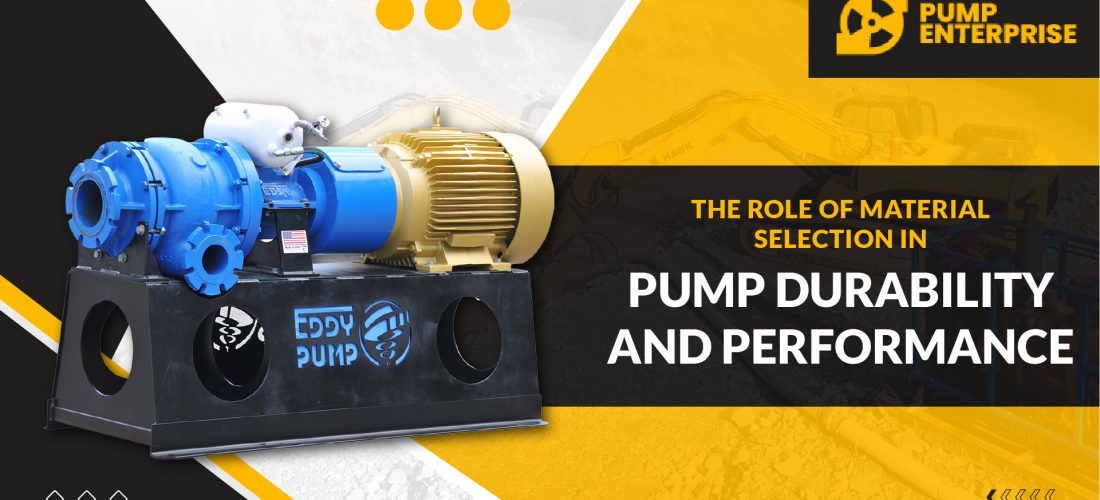
Introduction
Pumps are crucial in various industries, from water treatment and chemical processing to oil and gas production. Ensuring these pumps operate efficiently and last as long as possible is essential for maintaining productivity and reducing operational costs. One of the most critical factors in achieving this is the selection of appropriate materials for pump construction. The right material can significantly enhance pump durability and performance, leading to longer service life and fewer maintenance issues. This blog will explore the importance of material selection in pump design and how it impacts overall performance.
Understanding Pump Durability and Performance
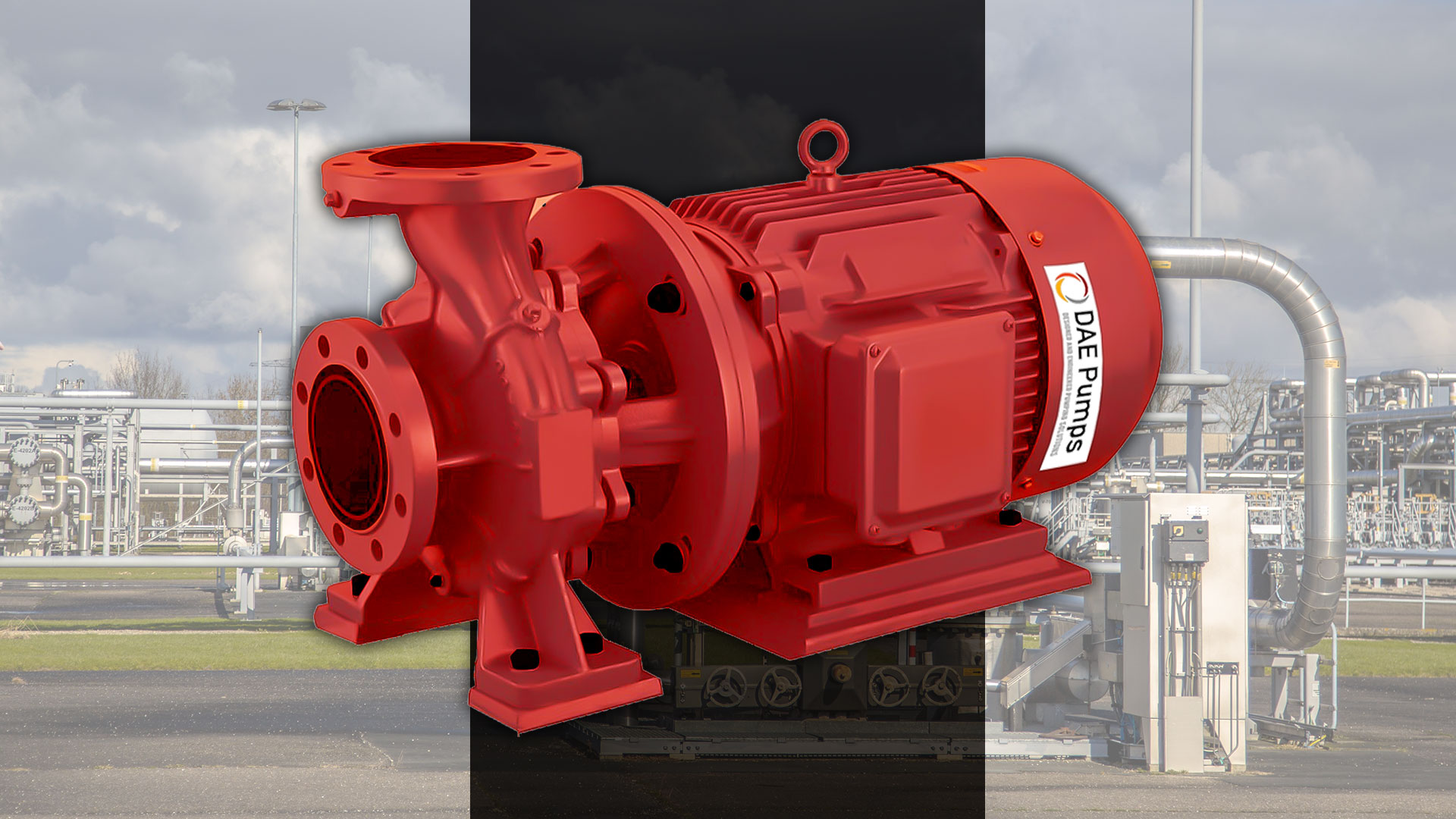
Pump durability refers to the ability of a pump to withstand wear and tear over time, maintaining its functionality without frequent repairs or replacements. Key performance indicators (KPIs) for pumps include flow rate, pressure, efficiency, and reliability. Various factors, such as the type of fluid being pumped, operating conditions, and maintenance practices, can affect these KPIs. However, material selection stands out as a fundamental determinant of both durability and performance.
Importance of Material Selection
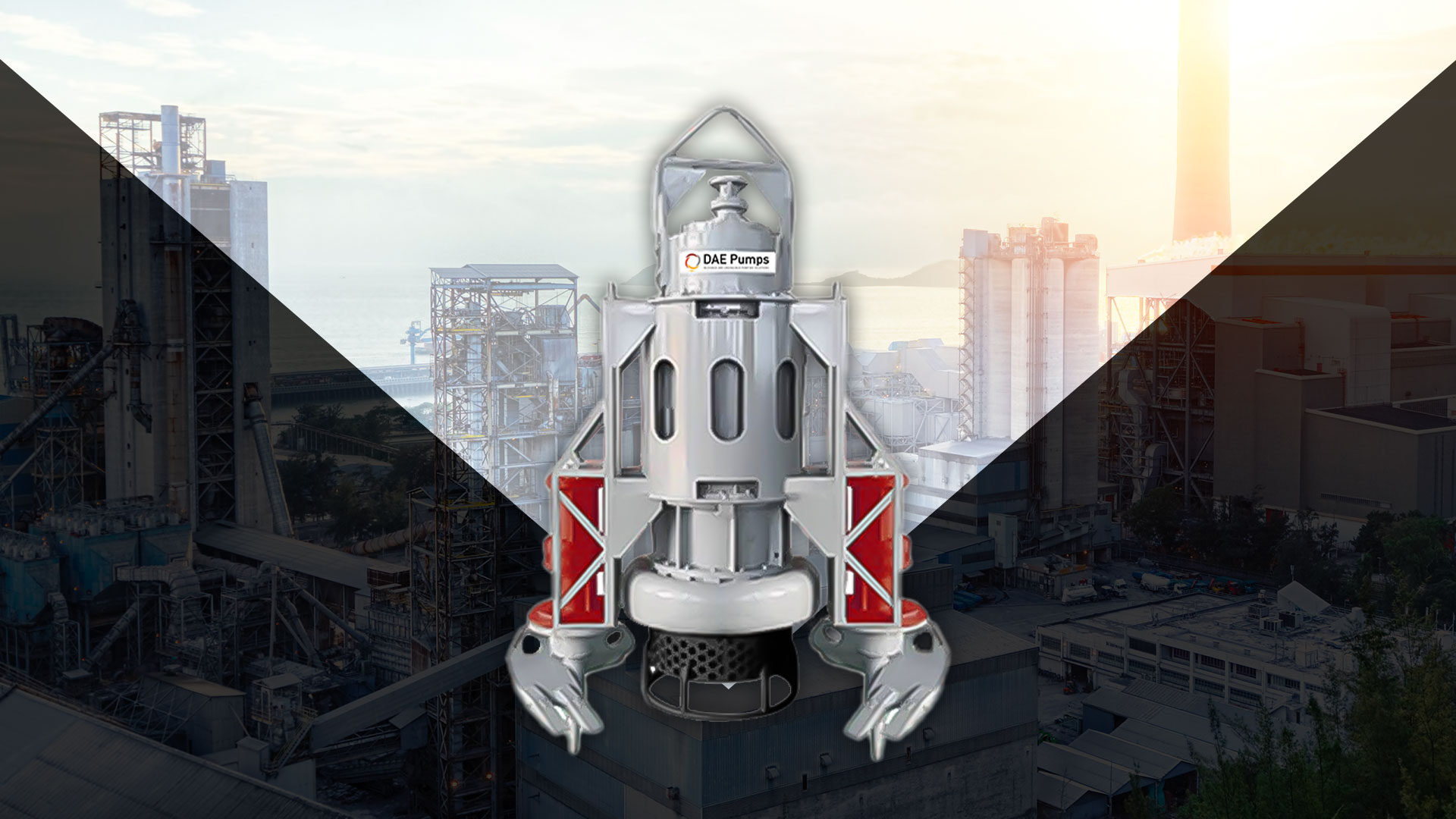
The materials used in pump construction directly influence the pump’s ability to handle different fluids and operating conditions. Material properties such as chemical resistance, abrasion resistance, temperature tolerance, corrosion resistance, and mechanical strength determine how well a pump can perform under specific conditions. Choosing the right material ensures that the pump can operate efficiently and have a longer lifespan.
Key Factors in Material Selection
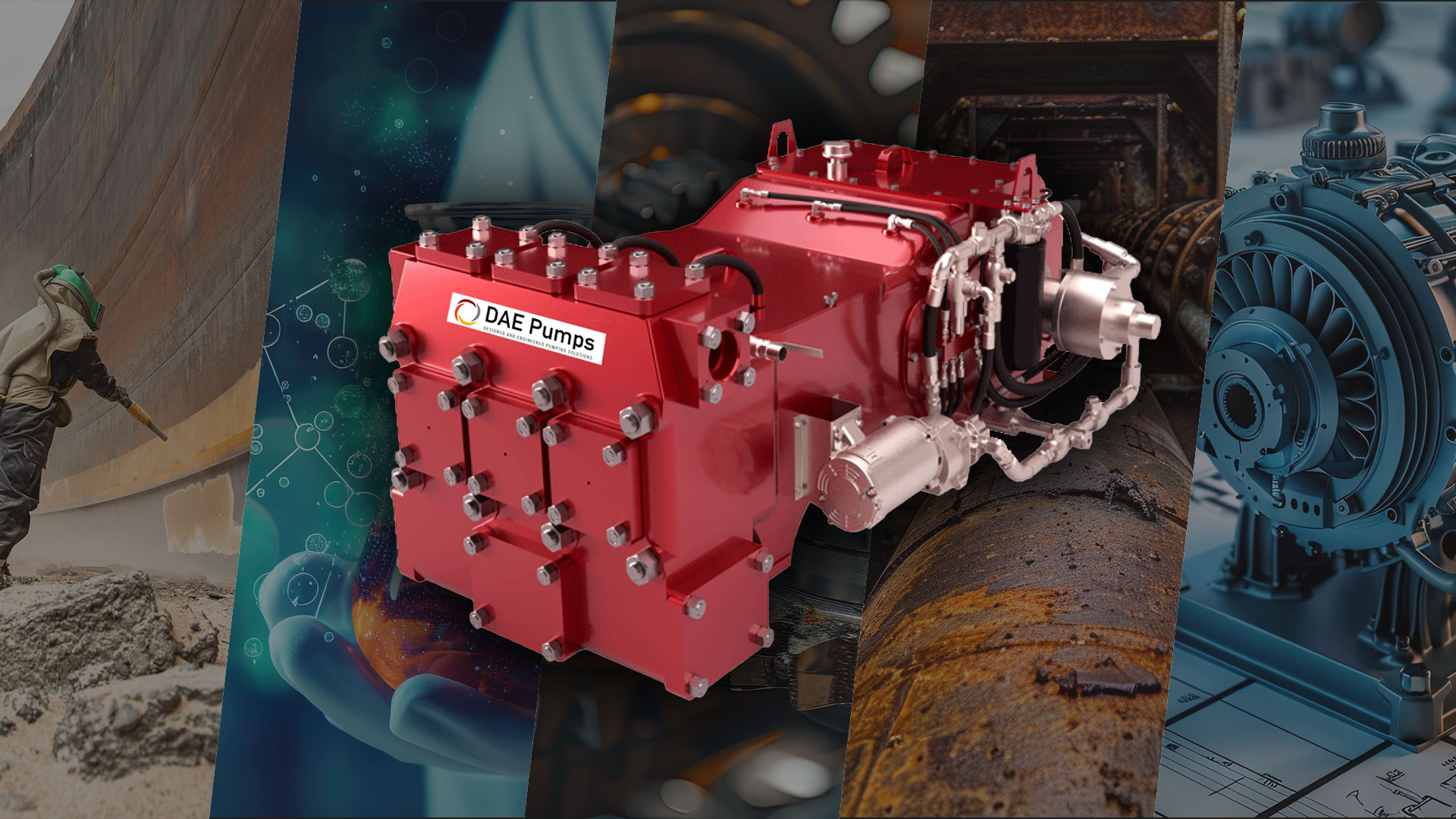
1. Chemical Compatibility
Chemical resistance is crucial for pumps used in applications exposed to aggressive chemicals. Materials must withstand chemical attack to avoid degradation that could lead to leaks or failures. Common materials for chemical compatibility include stainless steel, certain plastics like PVDF, and high-performance alloys.
2. Abrasion and Wear Resistance
In applications where the pumped fluid contains solid particles, such as in mining or dredging, abrasion resistance is vital. Materials like hardened steel, ceramics, and certain composites are designed to resist wear and extend the life of pump components.
3. Temperature Tolerance
Extreme temperatures can affect the structural integrity and performance of pump materials. High-temperature applications require materials like stainless steel or ceramics, while low-temperature environments necessitate materials that maintain flexibility and strength, such as certain plastics or composites.
4. Corrosion Resistance
Corrosive environments, such as those found in marine or chemical processing industries, demand materials that can resist corrosion to prevent premature failure. Materials like stainless steel, titanium, and specialized polymers are often chosen for their superior corrosion-resistant properties.
5. Mechanical Strength and Durability
Mechanical strength is essential for pumps operating under high pressure or in heavy-duty applications. Materials that offer high durability and strength, such as cast iron, stainless steel, and certain composites, ensure the pump can handle the mechanical stresses it encounters.
Commonly Used Pump Materials
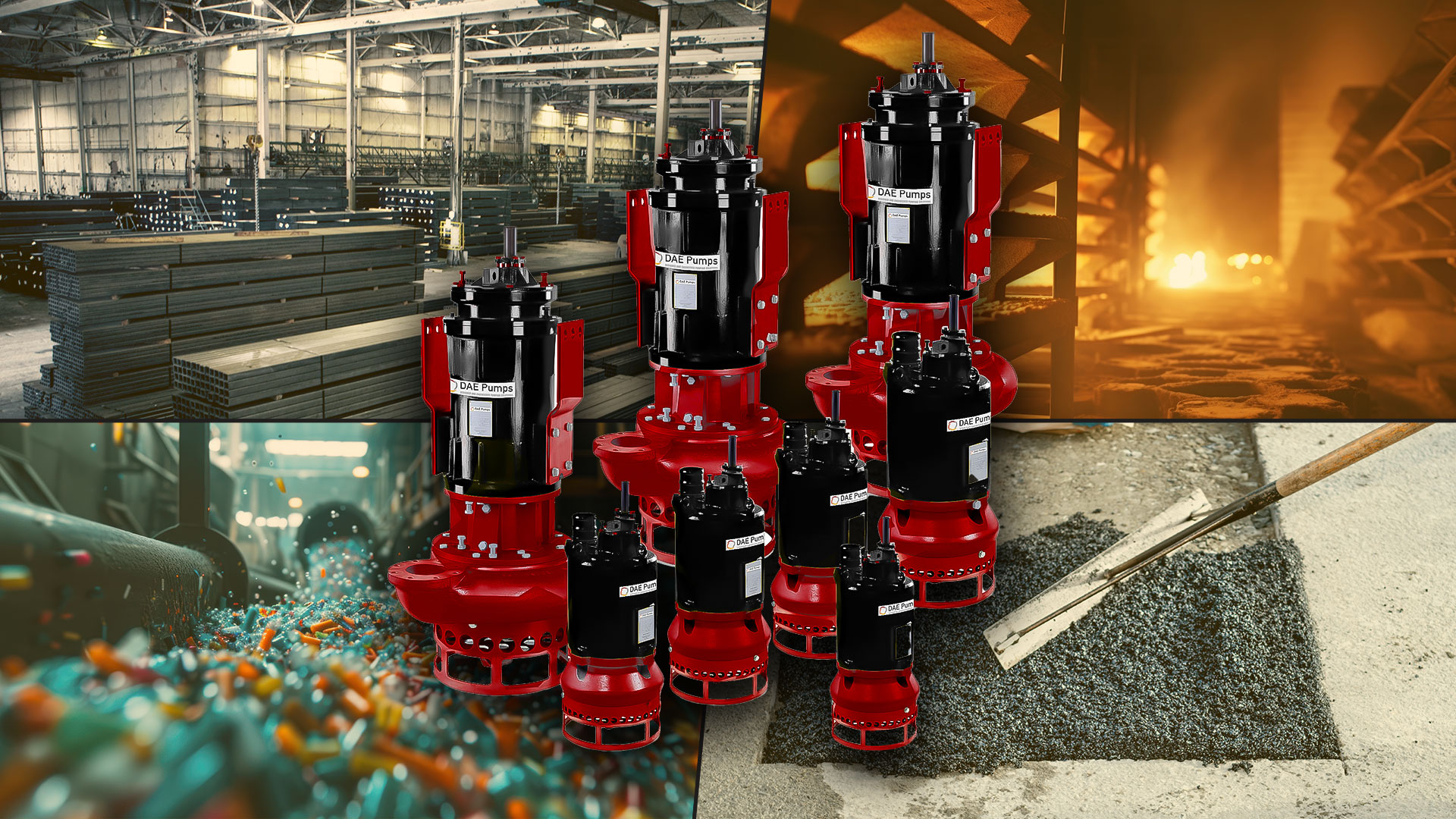
1. Metals
- Stainless Steel: Known for its corrosion resistance and strength, suitable for various applications.
- Cast Iron: Offers good durability and cost-effectiveness, commonly used in less aggressive environments.
- Bronze: Provides excellent corrosion resistance, particularly in marine applications.
2. Plastics and Polymers
- Polypropylene: Resistant to a wide range of chemicals, lightweight, and cost-effective.
- PVDF (Polyvinylidene Fluoride): Excellent chemical resistance and mechanical properties, used in high-performance applications.
- PTFE (Polytetrafluoroethylene): Known for its non-reactive properties and high temperature resistance.
3. Ceramics
- Alumina: Offers high hardness and wear resistance, suitable for abrasive applications.
- Silicon Carbide: Extremely hard and resistant to wear, ideal for high-abrasion environments.
4. Composite Materials
- Fiber-Reinforced Composites: Combine strength and corrosion resistance, used in demanding applications where metal might not suffice
Conclusion
Material selection is a critical aspect of pump design that directly affects durability and performance. By considering factors such as chemical compatibility, abrasion resistance, temperature tolerance, corrosion resistance, and mechanical strength, you can choose the right materials to ensure your pumps operate efficiently and last longer. This not only enhances productivity but also reduces maintenance costs and downtime.

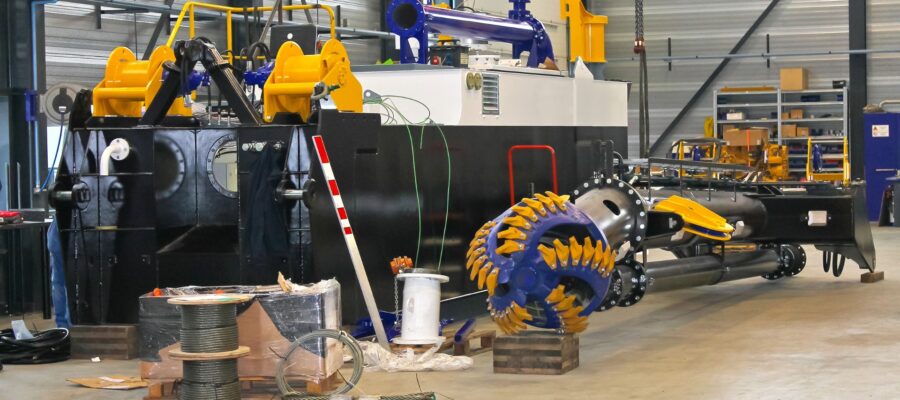

Post a Comment